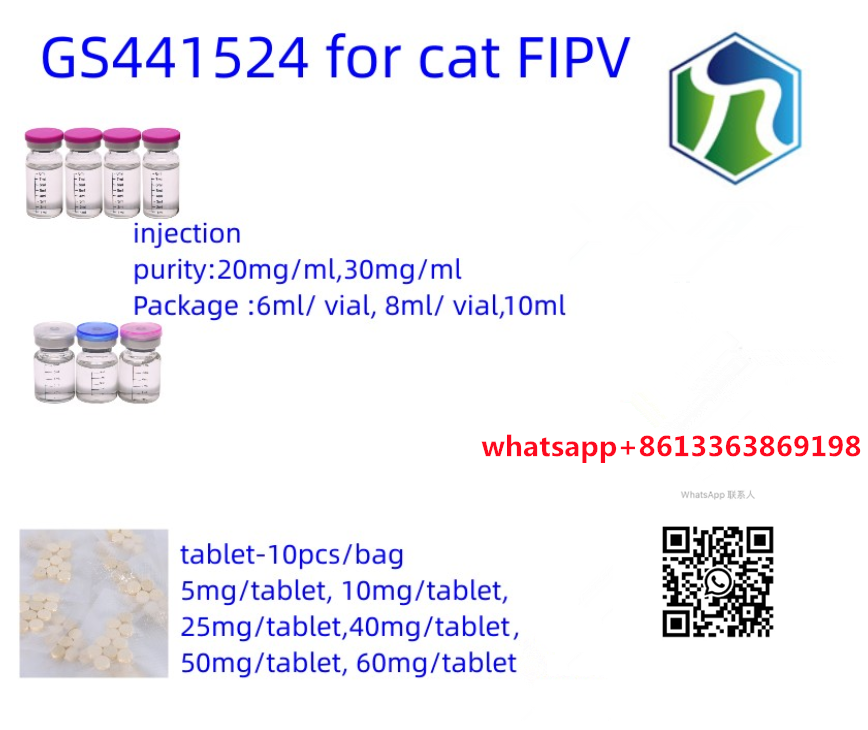
- +86-13363869198
- weimiaohb@126.com

Nov . 23, 2024 03:07 Back to list
glp 1 semaglutide peptide
Understanding GLP-1 Semaglutide Peptide A Modern Approach to Diabetes Management
In recent years, the management of type 2 diabetes has evolved dramatically with the advent of novel medications designed to improve glycemic control and promote weight loss. Among these, semaglutide—a glucagon-like peptide-1 (GLP-1) receptor agonist—has garnered significant attention due to its efficacy, safety profile, and additional benefits beyond blood sugar regulation. This article explores the mechanism of action, clinical benefits, and implications of semaglutide in diabetes care.
Mechanism of Action
Semaglutide mimics the action of the naturally occurring GLP-1, which is an incretin hormone released by the intestines in response to food intake. This peptide plays a crucial role in glucose metabolism by enhancing insulin secretion, inhibiting glucagon release from the pancreas, and slowing gastric emptying. These actions collectively help to lower blood glucose levels post-meal.
One of the key features of semaglutide is its resistance to enzymatic degradation by dipeptidyl peptidase-4 (DPP-4), which allows it to have a prolonged effect compared to other GLP-1 agonists. Semaglutide can be administered once weekly, improving patient adherence to treatment compared to medications that require daily dosing.
Clinical Benefits
Numerous studies highlight the benefits of semaglutide in managing type 2 diabetes. The SUSTAIN clinical trial program has provided robust evidence of its efficacy. In these trials, patients treated with semaglutide experienced significant reductions in HbA1c levels—a key marker of long-term glycemic control—compared to placebo and other diabetes medications. Moreover, semaglutide not only aids in glycemic control but also promotes weight loss, which is a critical aspect of diabetes management given the link between obesity and insulin resistance.
The weight loss associated with semaglutide has been particularly noteworthy. In clinical trials, patients have experienced an average weight loss ranging from 5% to over 15% of their body weight. This dual effect of lowering blood sugar while also facilitating weight management is transformative for many patients, as achieving and maintaining a healthy weight can significantly enhance overall health and reduce the risk of diabetes-related complications.
glp 1 semaglutide peptide

Cardiovascular Benefits
Another significant aspect of semaglutide is its positive impact on cardiovascular health. Patients with type 2 diabetes are at a heightened risk of cardiovascular diseases. The SUSTAIN-6 trial showed that semaglutide not only improved glycemic control but also reduced the risk of major adverse cardiovascular events, such as heart attack and stroke. This is a crucial consideration for healthcare providers when selecting treatment options for patients who also have cardiovascular comorbidities.
Conclusion
Semaglutide epitomizes a significant advance in diabetes management, offering a comprehensive approach that addresses glycemic control, weight loss, and cardiovascular health. Its mechanism of action, once-weekly dosing, and favorable safety profile make it a valuable option for individuals struggling with type 2 diabetes.
However, while semaglutide presents many benefits, patients must also be aware of the potential side effects, which may include gastrointestinal symptoms like nausea and vomiting, particularly when initiating therapy. It is essential for healthcare providers to engage in thorough discussions with patients regarding the potential benefits and risks associated with semaglutide.
In light of the increasing prevalence of type 2 diabetes globally, the role of innovative treatments like semaglutide becomes ever more critical. As research continues and further clinical data emerges, the healthcare community can look forward to optimizing diabetes management strategies that enhance patient outcomes and overall quality of life.
In sum, semaglutide represents not just a medication, but a paradigm shift in how type 2 diabetes can be effectively managed—transforming lives through improved health and wellness. With a focus on personalized medicine, providers can incorporate this remarkable therapy into a holistic approach to diabetes care, inclusive of lifestyle modifications and patient education, ultimately aiming for a future where the challenges of diabetes are met with robust solutions.
-
High-Quality GS-441524 for White Liquid Type Factories & Suppliers
NewsJul.29,2025
-
High-Quality Pharmaceutical Intermediates for Sale – Reliable Supply
NewsJul.29,2025
-
High-Quality Pharmaceutical Intermediates for Sale - Reliable Solutions
NewsJul.29,2025
-
High-Quality Pharmaceutical Intermediates Supplier for Global Market
NewsJul.28,2025
-
GS-441524 for White Liquid Type Factories – High Purity & Reliable Supply
NewsJul.28,2025
-
Buy 158861 67 7 Peptide for Effective Weight Loss and Muscle Gain
NewsJul.27,2025